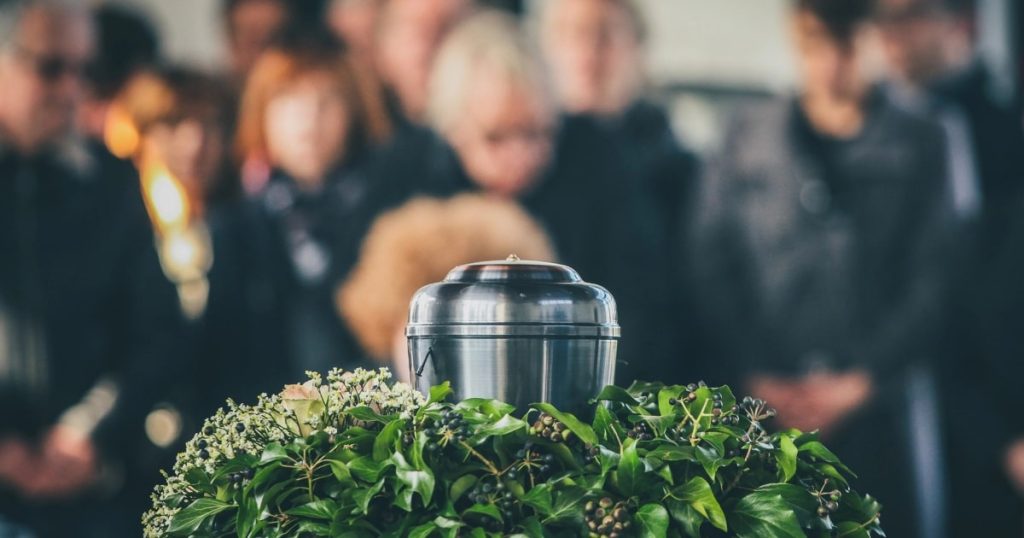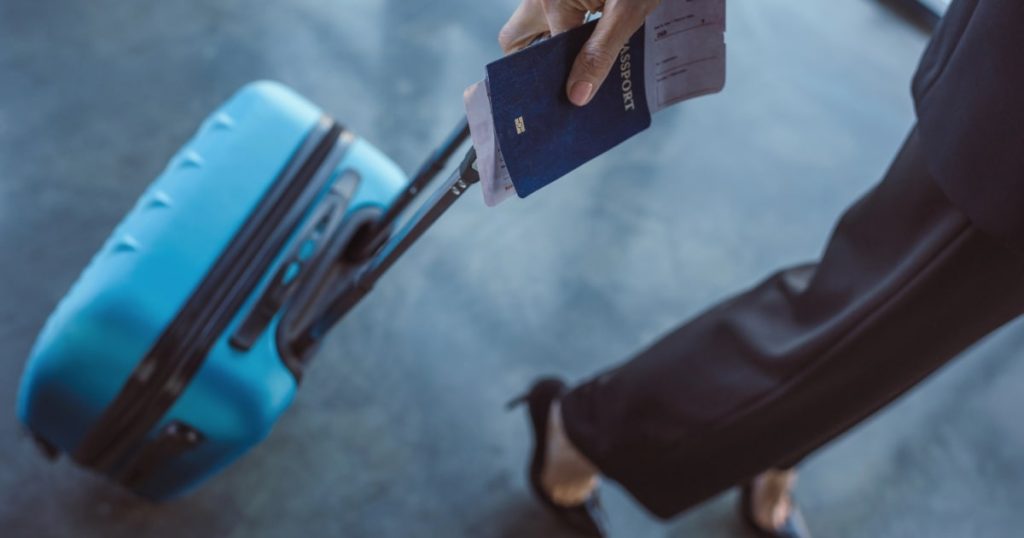Losing a loved one is an incredibly personal and emotional experience, and deciding what to do with remains or ashes after cremation can be an essential part of the grieving process. Placement of ashes is a heartfelt way to say goodbye while creating a lasting tribute that reflects their life, values, and passions.
Repatriation may also be an important factor for families managing loss across borders. Repatriation involves returning a loved one’s remains to their home country for burial or cremation, allowing them to rest in a place of cultural or personal significance. If cremation occurs abroad, families may bring the ashes home for interment in a meaningful location.

Deciding what to do with human remains can feel overwhelming with so many options. Whether you choose to scatter them in a significant place, place them in a memorial park, or keep them in a funeral urn, each choice offers a unique way to celebrate a well-lived life.
Understanding the options for repatriation and scattering can help families make informed decisions, honouring their loved one’s final wishes.
Taking cremated remains overseas
Relocating ashes overseas, especially in a loved one’s birthplace or a significant location abroad, is a meaningful tribute many families choose. However, international travel with cremated human remains requires careful planning.
Travelling with cremated remains
Following airline policies and destination country regulations is essential when travelling with cremated remains or ashes internationally.
1. Prepare the required documentation
In addition to carrying the cremated ashes, travellers should bring:
- A certified copy of the death certificate.
- An official document from the crematorium confirming the deceased’s identity, cremation date, and the crematorium’s location.
- Further documentation may be required by departure and arrival airports, with specific requirements for importing human ashes varying by destination country.
Bellrae is available to assist with documentation for repatriation, with a specialised knowledge of international standards and local regulations.
2. Airline guidelines
Most airlines permit the transportation of cremated remains as checked or carry-on luggage; however, checking in advance is recommended.
- Ensure the cremated ashes are transported in a sturdy, sealed container to prevent accidental spillage.
- Preferably, the original container or one that has been checked and sealed properly by the airlines to avoid customs tampering with it.
- The container holding the ashes must be clean and free from contaminants such as soil.
- The urn or container must be non-metallic to pass through X-ray screening.
- Some airlines have specific requirements regarding the material and weight of urns; therefore, please check with your carrier.
- Some airlines will request specific documentation, such as a certificate of cremation.
3. Contact the consulate or embassy
To comply with local laws, contact the consulate or embassy of the destination country. They can provide specific entry requirements for cremated human remains, including any forms, declarations, or health clearances needed. Doing this well in advance allows time for approvals and paperwork.

4. Carry-on baggage? Check with customs and airlines
Carrying cremated human remains on board as carry-on baggage, rather than checked baggage can be a good idea. This ensures you retain control over the ashes throughout the journey, minimising the risk of loss, mishandling, or potential damage.
5. Airport security screening
At the airport, be prepared for your hand luggage to undergo inspection at security checkpoints. Security personnel may need to verify that the contents of the urn are human remains, so keep the necessary documentation, such as the cremation certificate and official death certificate, readily available.
6. Use a specialised repatriation service
For peace of mind, consider engaging a repatriation specialist to assist with documentation, customs clearances, and transport logistics.
Engaging someone to put the remains on a flight, ensures the contents are checked, cleared and packed by the airlines to ensure a safe flight without risk of damage or loss and custom clearance.
How repatriation services can support families
For families who prefer a different farewell option, repatriation and mortuary services can assist with the following:
- Funeral ceremonies overseas: Some families opt for a burial service or cremation in the home country, which requires additional planning and coordination.
- Repatriation of the deceased: Some families repatriate the body interstate for burial or repatriate internationally instead of transporting ashes.
- Embalming services: If a traditional burial or viewing is preferred, embalming can preserve the body for transport and ceremonies.
Bellrae provides repatriation services and can assist families in transporting cremation remains internationally, ensuring all customs, airline, and local regulations are followed.
A lasting tribute
Bellrae’s repatriation services offer dedicated support, guiding families every step in honouring their loved one’s final wishes.
If you need assistance repatriating a loved one, contact Bellrae today.
Have a question?
Our friendly team are hear to help. Reach out with any questions you may have and we'll be in touch to discuss.
